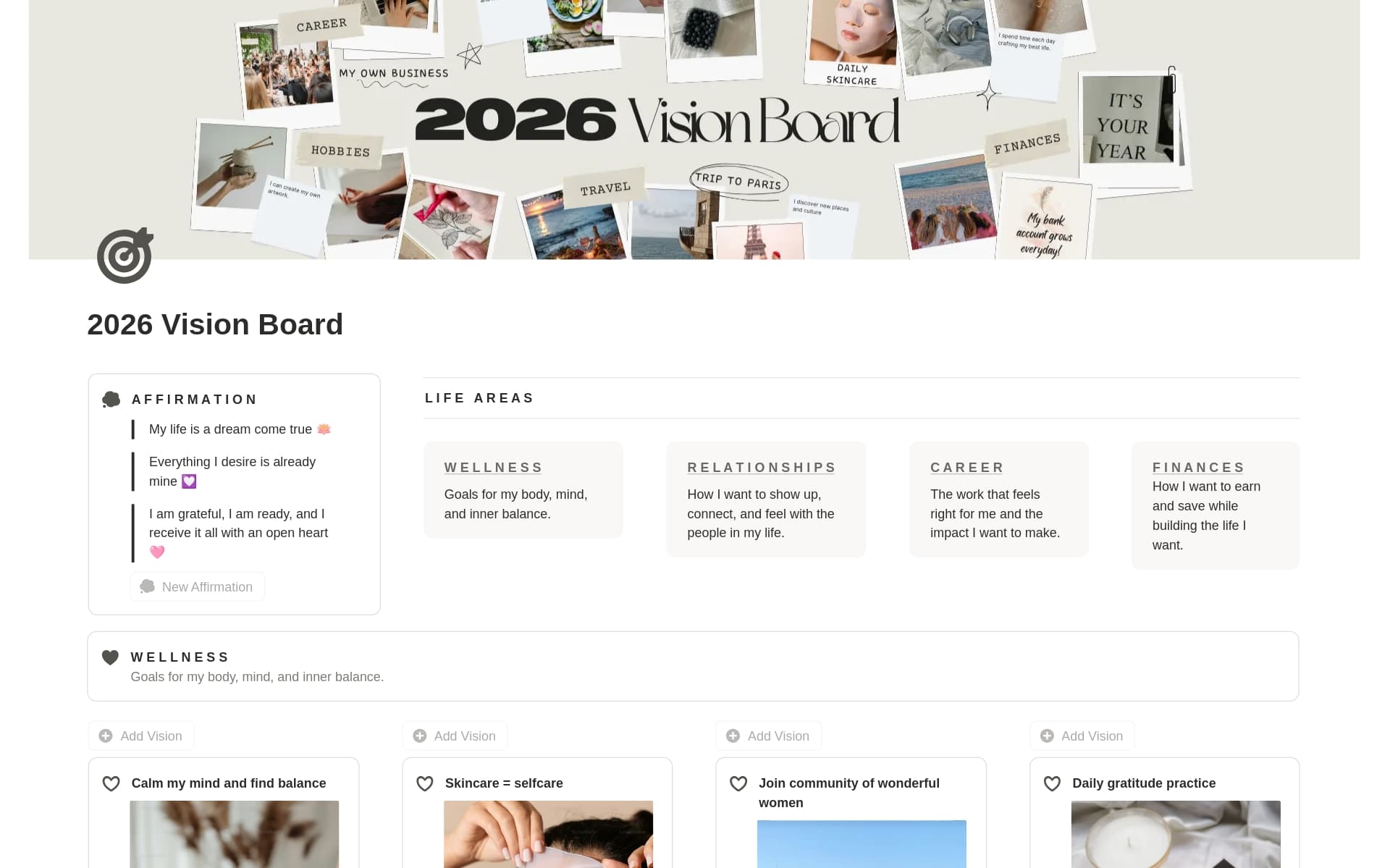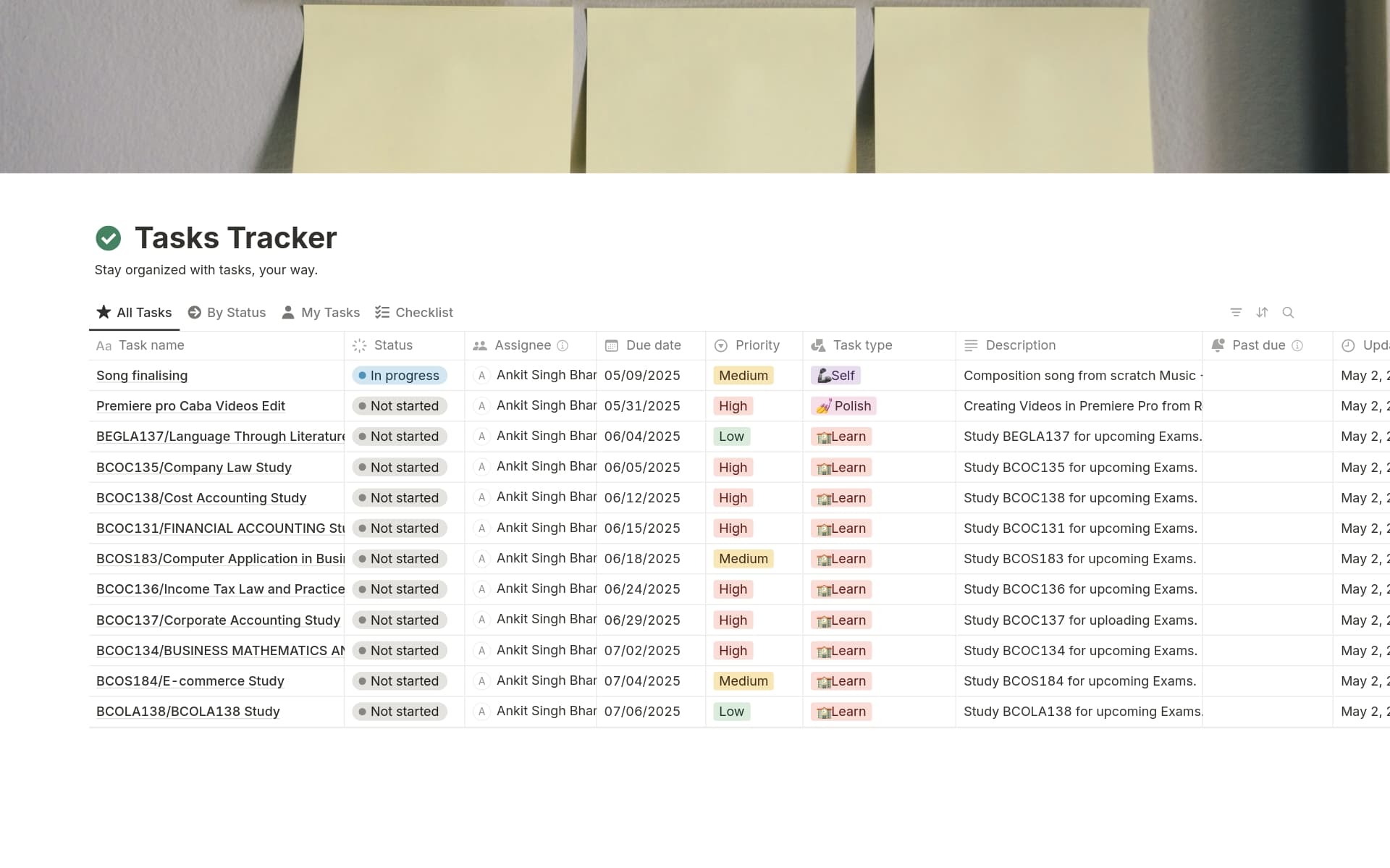Having a Property Consultant in your life can be a game-changer, especially when navigating the complex terrain of real estate transactions. They provide expert advice, market insights, and can help you make informed decisions whether you're buying, selling, or investing in property. A Property Consultant Notion template can streamline this process by organizing client information, listings, appointments, and financials all in one place, enhancing efficiency and productivity.
Before you dive into creating your own Property Consultant system, take a look at these Property Consultant Notion templates to simplify the process and ensure you're covering all necessary aspects of the business.
What Should Property Consultant Templates Include?
Choosing the right Notion template for property consultancy can streamline your workflow and enhance your efficiency. Here are key components to look for in a high-quality template:
Client Management Tools: A section dedicated to tracking client information, communication logs, and meeting notes is essential for maintaining relationships and ensuring seamless follow-ups.
Property Listings: The template should include a comprehensive system for managing property listings, with fields for status updates, pricing, and property features to help you stay organized.
Task and Appointment Scheduler: Look for templates that integrate task management and scheduling capabilities to keep track of your daily activities and upcoming appointments.
Financial Tracking: A module for monitoring expenses, commissions, and revenue can significantly aid in financial planning and reporting.
With these components, a Notion template can transform the way you manage your property consultancy, making it more structured and efficient.
What Should Property Consultant Templates Avoid?
Choosing the right Notion template for property consultancy involves not just looking for useful features but also being aware of what to avoid. Here are three key components to steer clear of:
Overly Complex Layouts: Templates with too many sections and subpages can be confusing and hinder productivity. Opt for simplicity and clarity.
Generic Content: Avoid templates that do not cater specifically to real estate or property management, as they may lack the specialized tools and fields that are essential for the industry.
Fixed Data Fields: A template that doesn't allow customization of data fields can limit your ability to tailor it to specific projects or client needs.
Ultimately, the best template is one that balances functionality with ease of use, ensuring that it enhances your workflow rather than complicating it.




